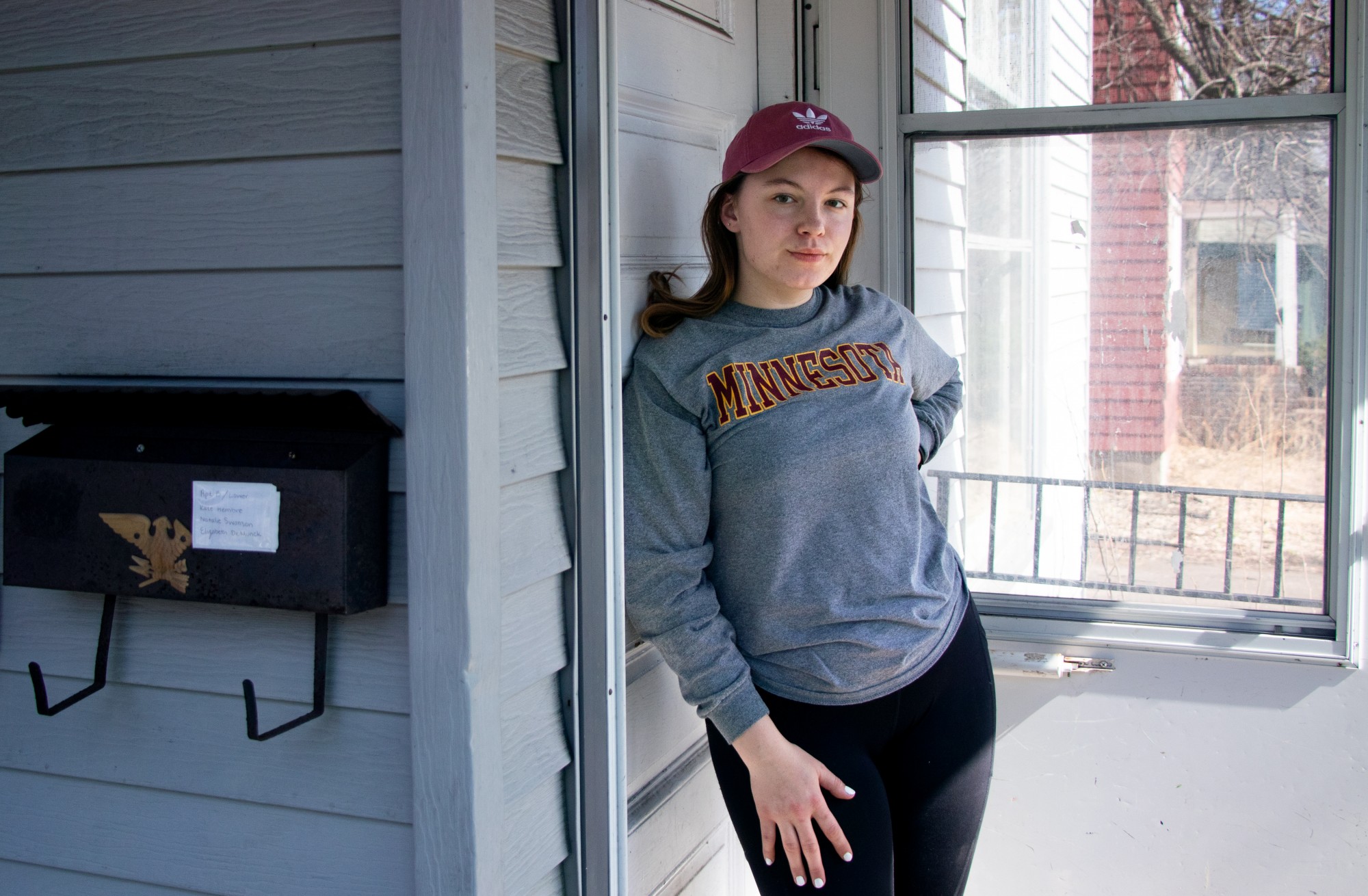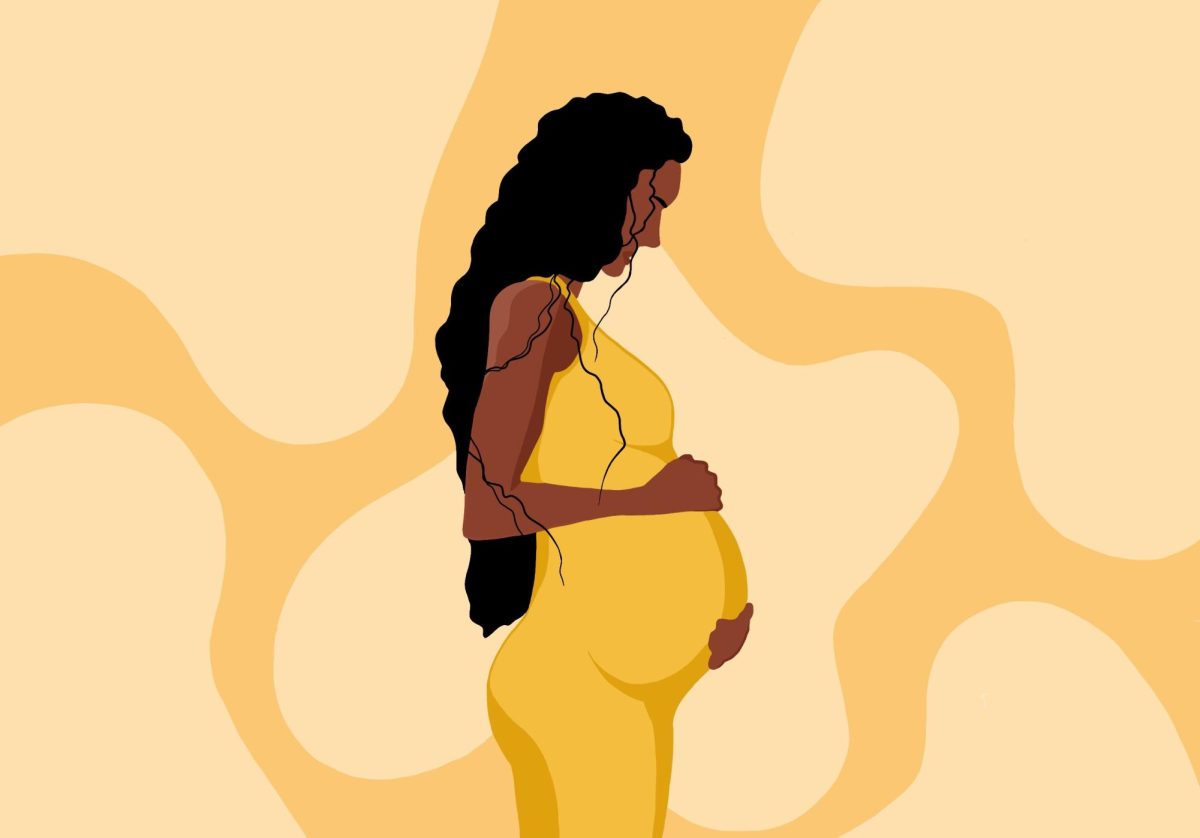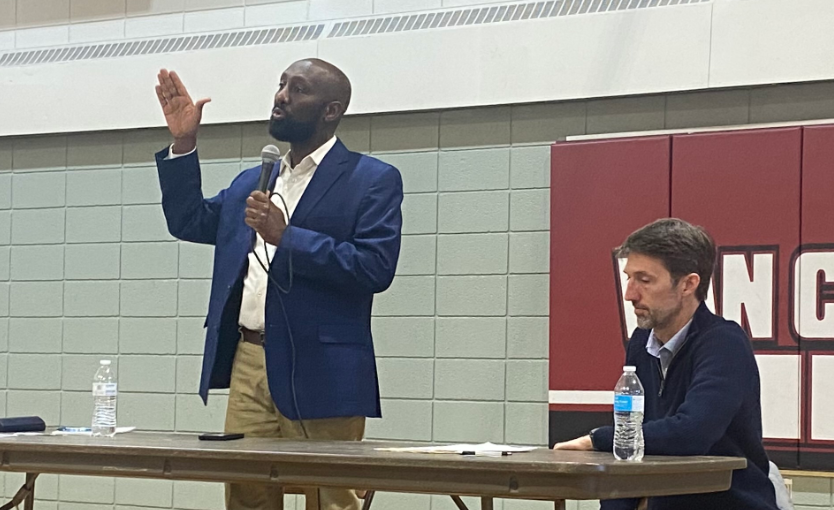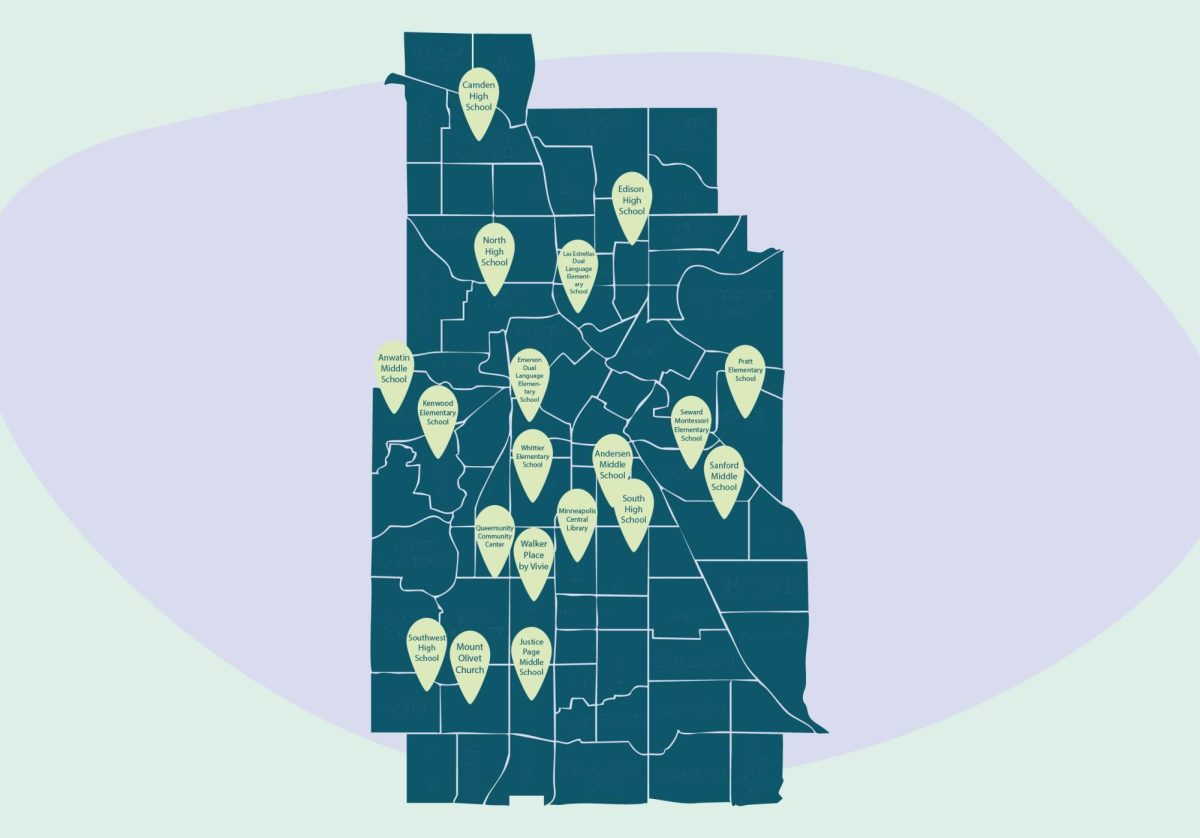Last week, University of Minnesota junior Natalie Swanson was laid off from her job as a barista at an independent coffee shop.
A week earlier, University senior Gigi Wanner also found out her on-campus job was effectively placed on hold when the Minnesota Marketplace in Coffman Union closed.
As many places of work shut down over the COVID-19 outbreak, whether by choice or state mandate, students who live near campus are now worried about being able to pay for living essentials, including one in particular: rent.
“A couple of weeks of like everything happening and changing, [my roommates and I] become more worried about paying rent,” Swanson said.
Since increasing numbers of Minnesotans have tested positive for COVID-19, government officials have taken steps to curb the spread in the state. On March 16, Gov. Tim Walz ordered restaurants, bars, coffee shops, gyms and other establishments to close for most services, currently effective until May 1.
Walz has also signed an executive order suspending evictions statewide.
The state is under a “stay-at-home” order, which directs Minnesotans to stay inside unless they need to leave for work, food or other essentials.
“It’s a scary situation,” Wanner said.
Wanner, who pays for her apartment herself, is still receiving some money from the University, which will give emergency paid leave through the end of the semester for its student workers in proportion to the hours they would usually work per week.
But with uncertainty around how long the pandemic might last, Wanner said she is worried about her finances in the long run. As of now, she has about two months of rent saved up, she said.
Students are usually renters, so COVID-19 disruptions could particularly affect their income and housing situation, said Edward Goetz, director of the University’s Center for Urban and Regional Affairs, which works with communities on issues like housing.
The federal government plans to send many Americans across the country a $1,200 stimulus check. But students who are dependents of their parents won’t qualify — including both Swanson and Wanner.
Since the coronavirus outbreak, more than 10 million people across the country have filed for unemployment — breaking a U.S. record.
While students are facing financial strain during this time, landlords who rely on rent money to pay mortgages are also worried.
Daniel Oberpriller, owner of North Bay Companies, said he also has payments to make. North Bay has built and managed properties near campus for many years.
“There’s not a lot of room for reprieve … I’m extremely worried,” he said. “It’s a weird situation for everybody, and everybody is going to feel it … in multiple different ways.”
Landlords could face foreclosures and a grim real estate market future if relief policies leave them out, Goetz said.
“The market is kind of grinding to a halt. People are not going out looking for units, open houses are not attracting any potential buyers or renters,” he said.
Wanner said she is looking for another student job to hopefully sustain her apartment payments until she finds a subleaser. Swanson also said she hopes to start working again soon.
“I’m hoping that I’m able to stay on my feet and just access whatever support or aid I can,” Swanson said.













